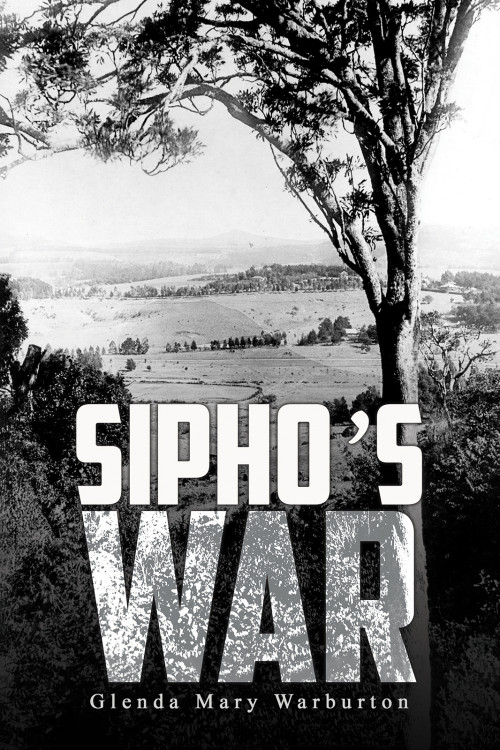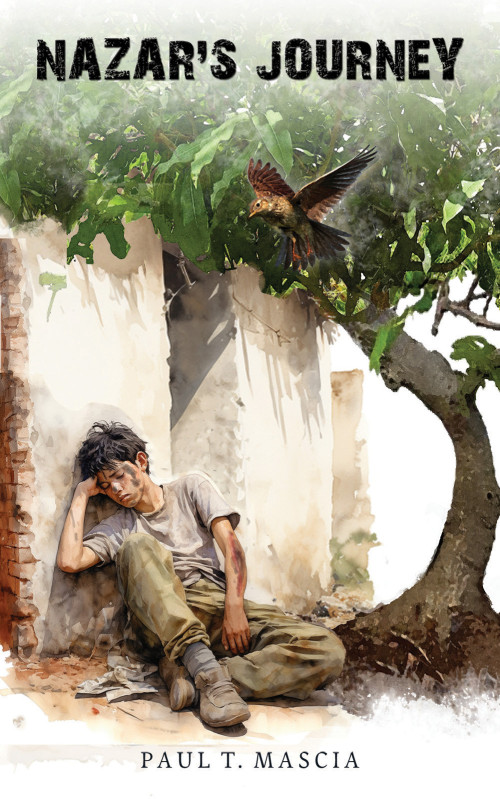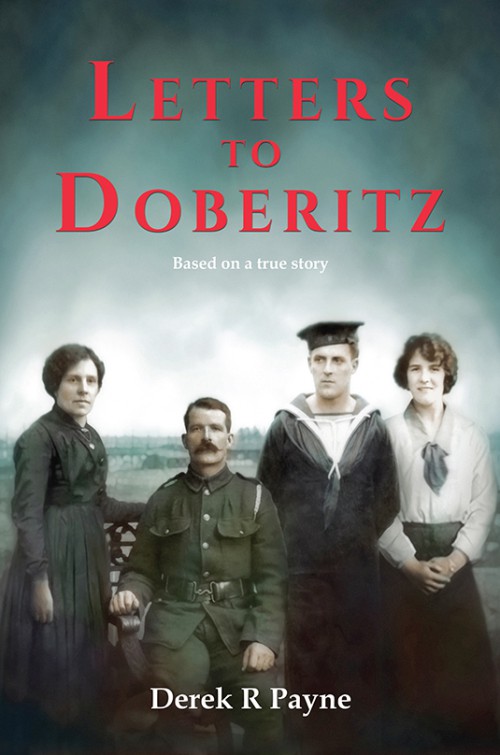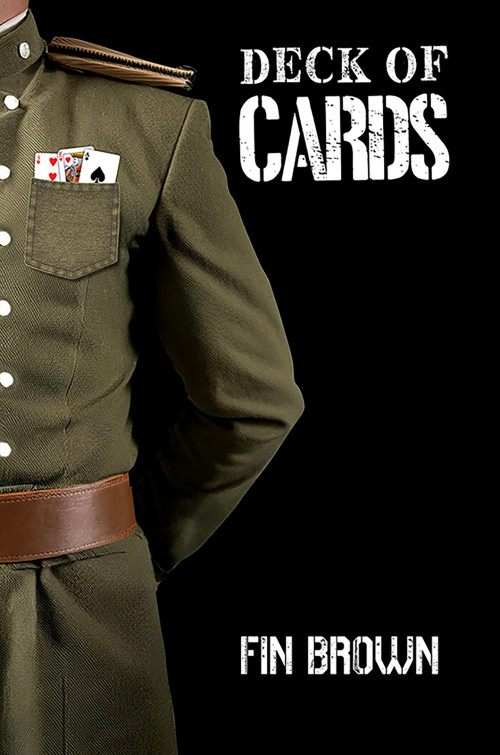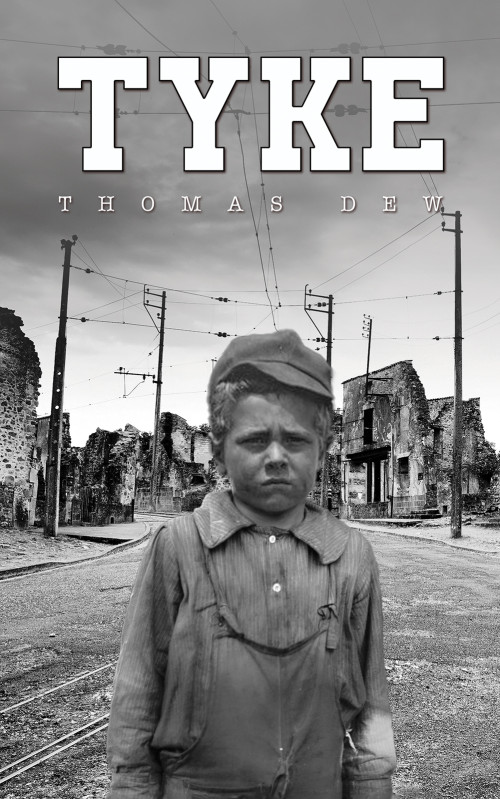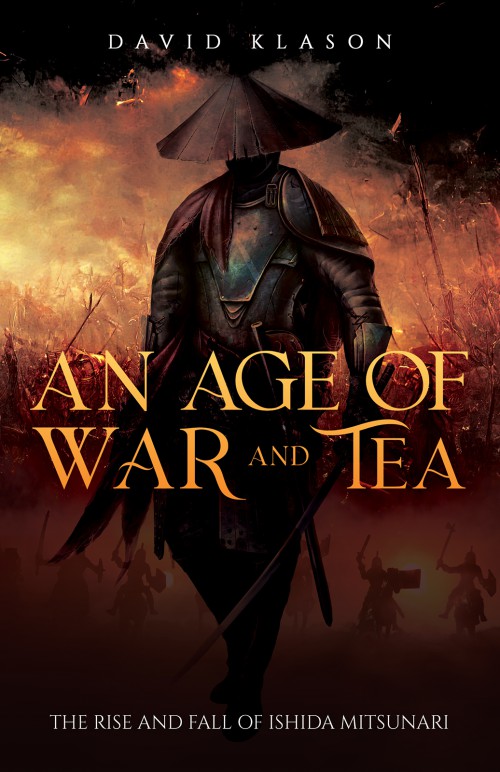1916. Europe is in the grip of a deadly war, the Battle of the Somme spewing grotesquely mutilated bodies. Into this mayhem come 57 Swazi men from a British Protectorate in southern Africa, most of whom have never worn shoes or seen motorised vehicles.
The biting cold chews at digits used to the heat of an African sun but they are brave these men, they do what they came to do with stoic resilience.
Sipho Vilakazi is the son of a teacher and a nurse, who longs to escape the confines of his mountain village – volunteering for this war is an answer to his prayers. Until a sworn enemy of his family also signs up.
Thembi, the love of his life, is furious that he should leave without her. ‘I will return,’ he says confidently, ‘with enough money to pay the bride price for you.’
For Sipho, his friend Vusi, and Mandla, the headman’s son, their time in Europe awakens a desire to know and understand more of the ways of this world to help their nation progress.
As their time in Europe draws to an end, they are infused with new energy when they are moved to Le Havre and the ships that will take them home. But their return is delayed and one afternoon tragedy strikes.
The shadow that settles over the group reaches beyond the boundaries of Europe, over sea and land, to the tiny village on the slopes of the mountain they call Ngwenya.

